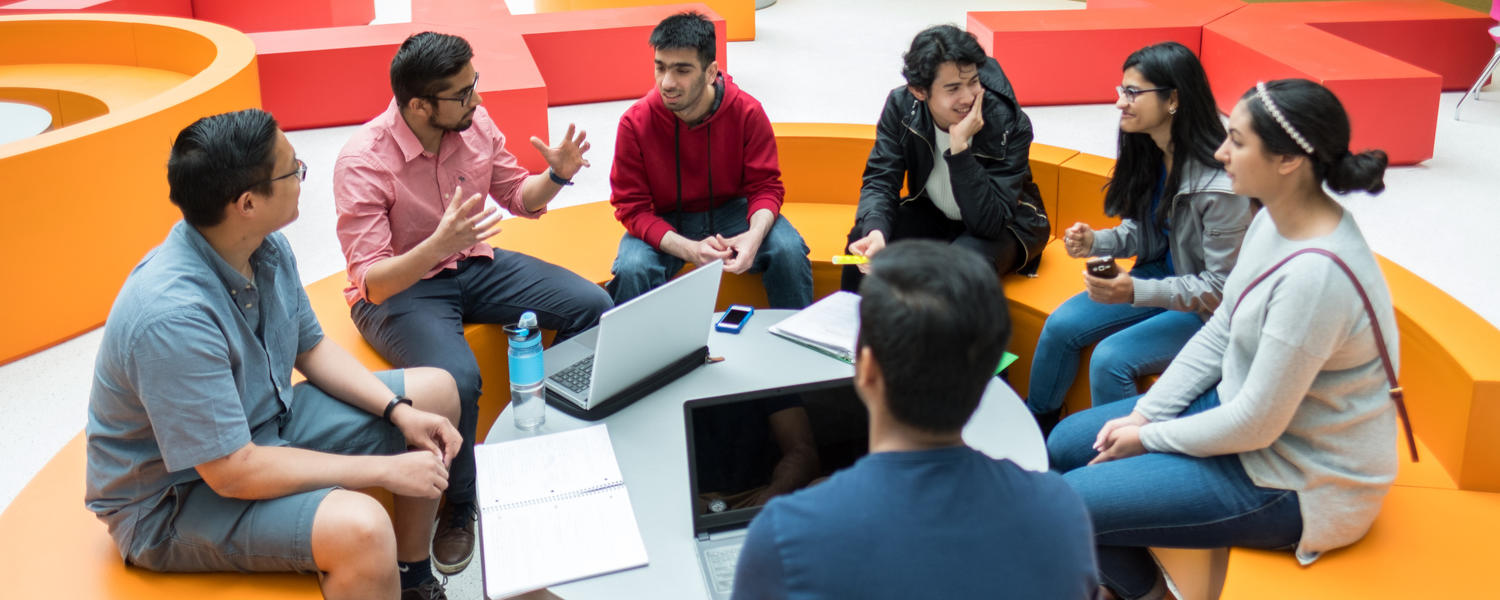Course Descriptions
Outlines are normally available 1-2 weeks prior to the start of term in D2L.

Teaching English as an Additional Language is a program option within the Master of Education (MEd), Specialist route. Visit the Master of Education, Specialist Route page for complete MEd details including fees
The focus of the twelve-course MEd Specialist in TEAL Program is to prepare teachers for successful careers in Teaching English as an Additional Language. The MEd Specialist in TEAL Program is a practical, research-informed program designed for teachers working with students learning English as an additional language.
Program Goals:
Target Audience:
Outlines are normally available 1-2 weeks prior to the start of term in D2L.
All courses in this cohort will be offered fully online. These courses are held in both an asynchronous environment (D2L) and a synchronous (real-time) environment (Zoom) which allows instructors to virtually meet and talk with students and experience a live exchange of ideas, hear class presentations and do group work with access to a whiteboard. There are typically no more than 5 sessions over a 13-week term (Fall and Winter) and fewer over a 6-week term (Spring and Summer).
In this course, students examine the theoretical perspectives (e.g., critical, cognitive, psychological, sociocultural, linguistic, affective) and factors of language learning and the implications of theory and research in this area for the teaching and learning of English as an Additional Language. Students will learn how to support EALs with complex needs such as EAL plus SPED, long term EALs, EALs with Limited Formal Schooling.
In this course, students are introduced to how applied linguistics address language issues across a variety of educational contexts. The course focuses on several key areas in applied linguistics, including pragmatics, discourse analysis, and bilingualism, multilingualism, with particular emphasis on their implications for language learning and teaching.
Students in this course will have an opportunity to discover how to creatively establish, plan, and evaluate adult education programs that will positively affect their organization or community.
In this course, students are introduced to English as an Additional Language (EAL) teaching methodologies. Students will examine teaching methods vis-à-vis specific language skills (i.e., reading, writing, listening and speaking), to make connections between language learning theories and language skills development. The course considers methods in a variety of contexts and their relation to students learning in these contexts.
This first course in educational research methodologies provides the background necessary to make cogent decisions around the types of research questions that might be asked and the kinds of insights and answers particular methods can provide.
This introductory course is intended for graduate students in the first year of their cohort-based Master’s of Education programs. The course focuses on some of the issues and dilemmas that frame the context for contemporary research, and guides participants in a preliminary consideration of research strategies, questions and methods, for further study and application in the subsequent course EDER 692 Collaboratory of Practice. In relation to EDER 692 Collaboratory of Practice, this first course includes a discussion of action research in education as a pragmatic way to integrate various methods in one school based research project. Participants will also be encouraged to approach research articles and reports with a critical perspective and develop some skills and techniques for this kind of close reading.
In this course, students create, develop, and evaluate English as an Additional Language (EAL) curricula for learners of all ages and abilities. Students will be exposed to a variety of frameworks and theories in teaching and learning EAL to inform their beliefs and practices regarding EAL curricula. Students will learn how to incorporate metalanguage into inquiry-based learning and how to differentiate learning for EALs within a whole class learning experience.
In this course, students are introduced to a systematic approach to language assessment in English as an Additional Language (EAL) contexts. Students will analyze and evaluate assessments used/given in a variety of EAL contexts (e.g., TOEFL, IELTS, Alberta K-12 ESL Proficiency Benchmarks http://www.learnalberta.ca/content/eslapb/index.html). Having learned the principles of assessment in EAL, students will develop assessments appropriate for their own EAL teaching contexts or EAL contexts they are familiar with.
In this course, students are introduced to the principles and strategies of teaching second language writing. The course will address such issues as characteristics of second language writers and common challenges they face, characteristics of L2 texts, genre, second language development and writing, grammar instruction/correction vis-à-vis L2 writing, culture and identity in L2 writing, and feedback and assessment practices.
In this course, students are introduced to Content Based Instruction (CBI). The course examines research-informed practices for teaching and learning in various CBI classrooms such as immersion, bilingual, EFL, and higher education.
Collaboratories of Practice represent a fusion of two important developments in contemporary research: communities of practice and collaboratories. A collaboratory is a new networked organizational form involving structured experiences of authentic, real-world practice which serve as sources of active inquiry and professional learning. This course provides opportunities for individuals or groups to investigate real world problems and to devise or recommend pragmatic solutions suitable to their contexts.
In this course, students will engage with current technologies supporting language learning and teaching. The course focuses on critical practice when using technology for their specific contexts, and the pedagogical and practical implications of employing technology for language learning and teaching.
This course will focus on examining and developing the skills associated with crafting an academic paper. Topics will also include genres and purposes of academic writing, and venues for presentation and publication.